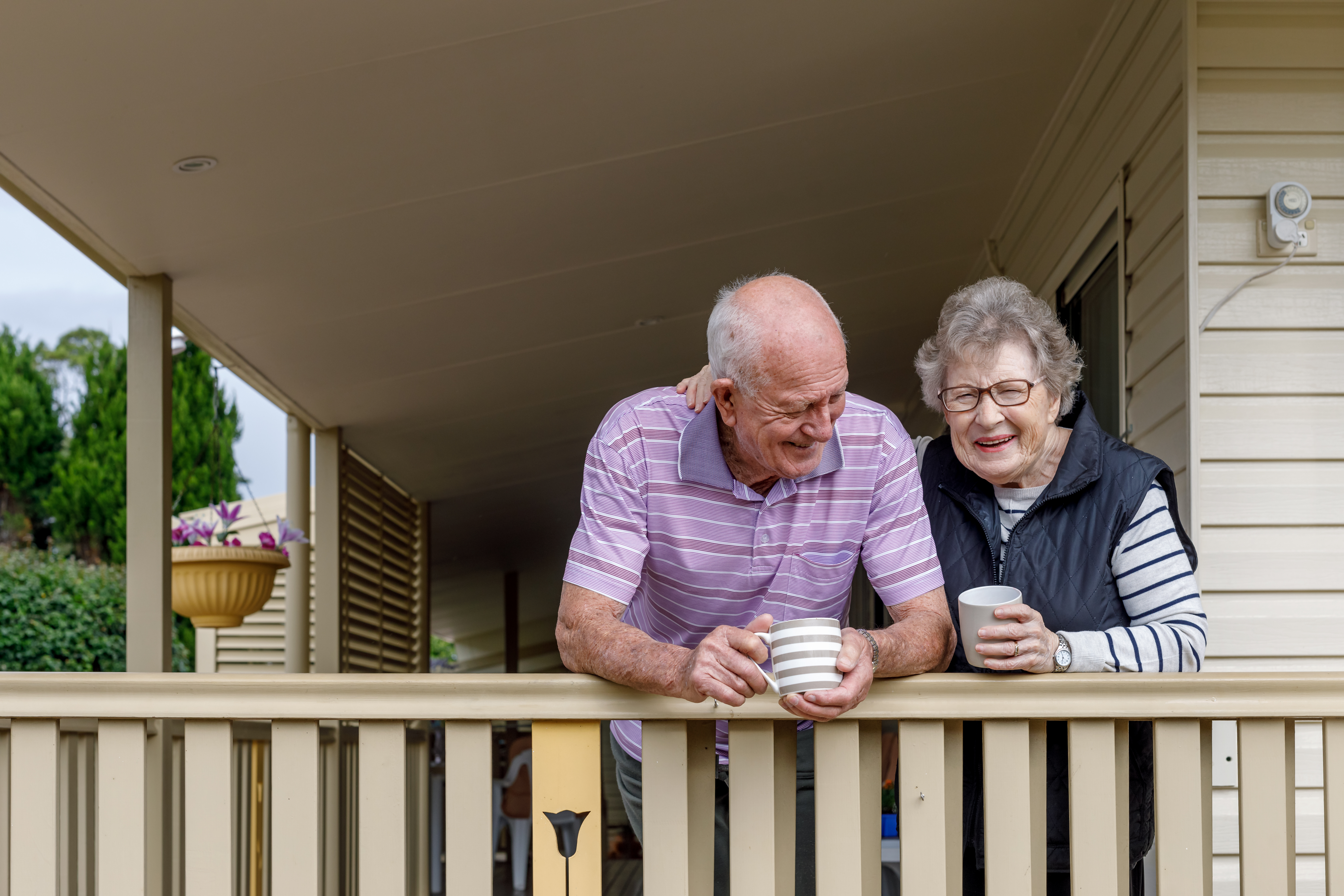By Mark Teale on 6 May 2020
The average value of a home in Australia is according to Domain approximately $800,000.
However, the value of a home varies immensely depending on where you live. After several google searches, I was able to find a home for sale in Cooper Pedy for $15,000 and another slightly more expensive in Point Piper in Sydney for $100 million.
For the person applying for an age pension the value of their home is immaterial.
A person’s principal place of residence and up to 2 hectares of the surrounding land is exempt from the Age Pension assets test. Regardless of the home’s value it is not considered when assessing a person’s entitlement to the age pension.
It does seem all very straight forward, but like all good government legislation you do need to be careful and you should be aware of a number of issues when it comes to the assessment of your home.
- Your home and the 2 hectares - if your block of land is this large - of surrounding land need to be on one title. If one hectare of your 2 hectare property is on a separate title than this extra hectare will be classified as an asset and will need to be valued. Unless of course your house happens to straddle both properties
- Your home is an exempt asset, but the contents are not. Your furniture, floor coverings, curtains, fridges, washing machines, stoves, air-conditioning etc are all assets for the purpose of assessing your age pension. Centrelink are interested in the garage sale value of these assets, not the insured value. You may have an insured value of $80,000 plus on your contents but the value for the purposes of your age pension would be closer to $10,000. That is of course unless you do have antiques or large collections of wine and jewelery.
- For the age pensioner who plans to travel and become part of the growng grey nomad demographic, the temporary vacation of your home is not an issue. You may even decide to rent your home while you are on the road. The rental income you receive will of course be assessed under the income test however your home will remain exempt unless you intend to be on the road for longer than 12 months. After 12 months the value of your home even if you are not renting it can now be classified as an assessable asset and the effect on your age pension could be quite dramatic.
- For a single age pensioner moving residence for the purposes of care the value of their home can become an issue. If for example you are moving from your home to live with one of your children who have volunteered to care for you and the move is permanent your home will become an assessable asset immediately, however if you are moving to a recognised residential care facility your home will be exempt from the asset test for a period of two years. I should point out that for the purposes of calculating your aged care fees your home is assessable straight away but at a capped value which is currently $171,535.20.
- In retirement a lot of people do decide to downsize their 3 and 4 bedroom residence for a smaller more manageable property. Care again needs to be taken in these situations. If a person does sell their home, then the proceeds from the home are exempt under the assets test for 12 months if all the proceeds are to be used in the purchase or building of a new home. However, if only part of the proceeds is being used to build or purchase a new home then it is only this amount that is exempt from the assets test.
This of course is not a complete list of all the issues which can relate to the Social Security treatment of a person’s home.
What sometimes can appear as a very straight forward issue on the surface may in fact be rather different and the underlying issues as can be seen from the list above if not considered have a devasting effect on a retirees on going entitlement to an age pension.
So please do talk to someone with experience who understands completely the ramification of the decision you are about the make and the effect on your age pension going forward.



comments